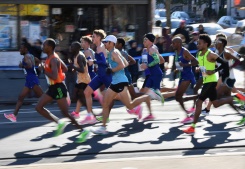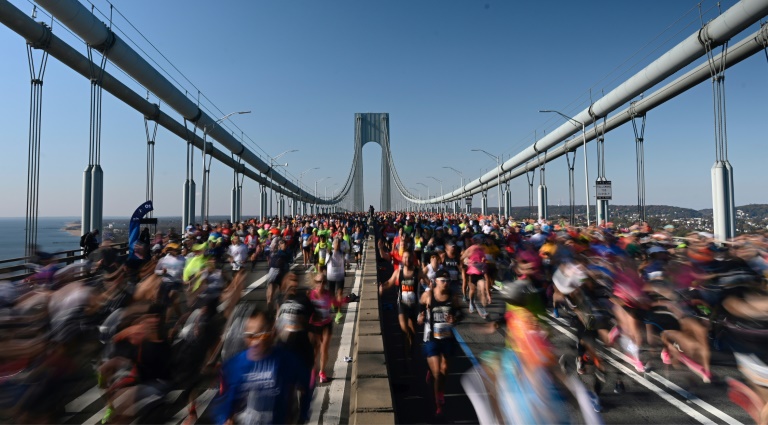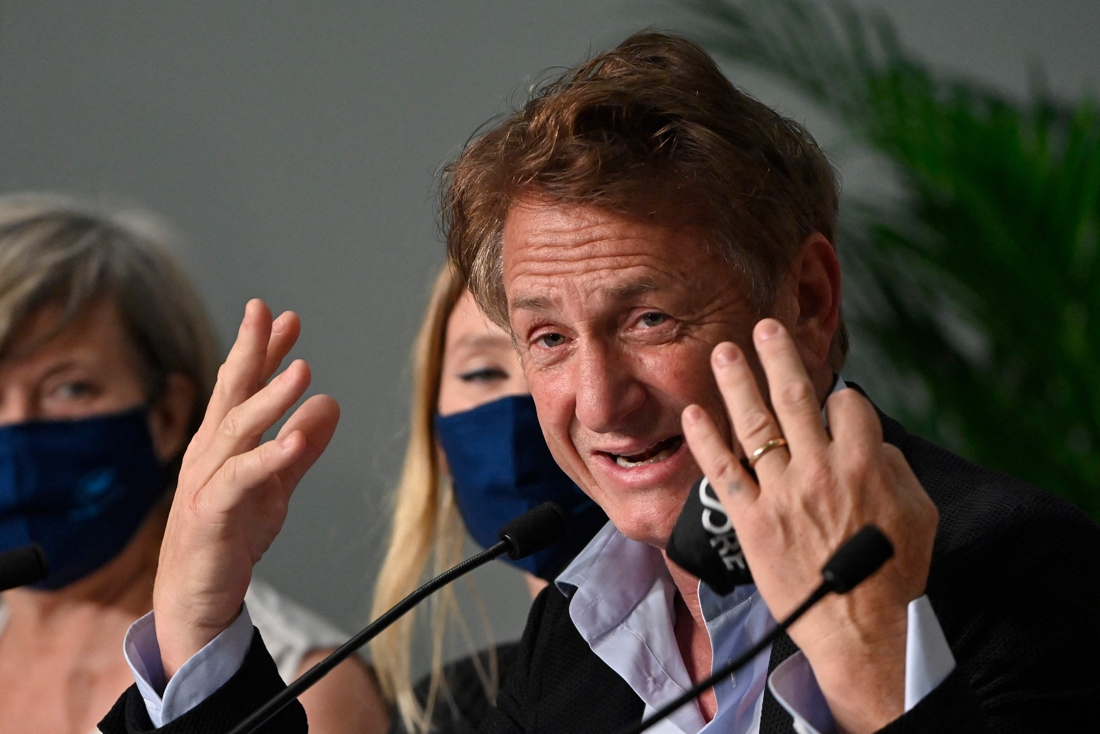Thousands of foreign runners, including European, British, Indian and Chinese nationals, will not be able to participate in the legendary New York marathon on November 7, the eve of the reopening of the United States’ borders, which had been closed for a year and a half.
It is a discreet statement from the organizers of the race, NYRR, published Friday evening on their website, which acknowledged that the announcement that same Friday by the White House of the reopening of the borders on November 8 would prevent de facto thousands of strangers running through the streets of New York on November 7.
“International participants who cannot travel to the United States due to the ban by the President of the United States (dating from Donald Trump’s presidency in the spring of 2020, editor’s note) will be eligible to postpone their entry for the marathon New York City of 2022, “the statement read.
However, the rejected participants will have to “claim” their postponement to the 2022 edition between “October 21 and November 3, 2021”, against the sum of “75 dollars”. Before I can re-register early next year.
Any cancellation for the 2021 edition will not be refunded.
After more than eighteen months of closing its borders, the United States announced on Friday that it would reopen them on November 8 for the millions of travelers banned from entering due to the pandemic, but on condition that they be vaccinated against Covid-19.

The organizers of the marathon referred to the list drawn up by the American health authorities of the countries concerned for a year and a half by the travel ban, unless there is a compelling reason: these are all the European countries of the Schengen area, the United Kingdom, Ireland, Brazil, South Africa, India, China and Iran.
The New York marathon – which ends in Central Park after crossing the great bridges of New York – was canceled in 2020, a terrible year for the megalopolis ravaged by the pandemic. The 2021 edition, the 50th, was to welcome some 33,000 runners, or 60% of the 53,000 registered in 2019.
Before the pandemic, the legendary marathon created in 1970 attracted more than 250,000 tourists each year, for an economic impact estimated at $ 415 million in 2015.
–
© 2021 AFP. All rights of reproduction and representation reserved. All the information reproduced in this section (dispatches, photos, logos) are protected by intellectual property rights held by AFP. Consequently, none of this information may be reproduced, modified, redistributed, translated, commercially exploited or reused in any way whatsoever without the prior written consent of AFP.


